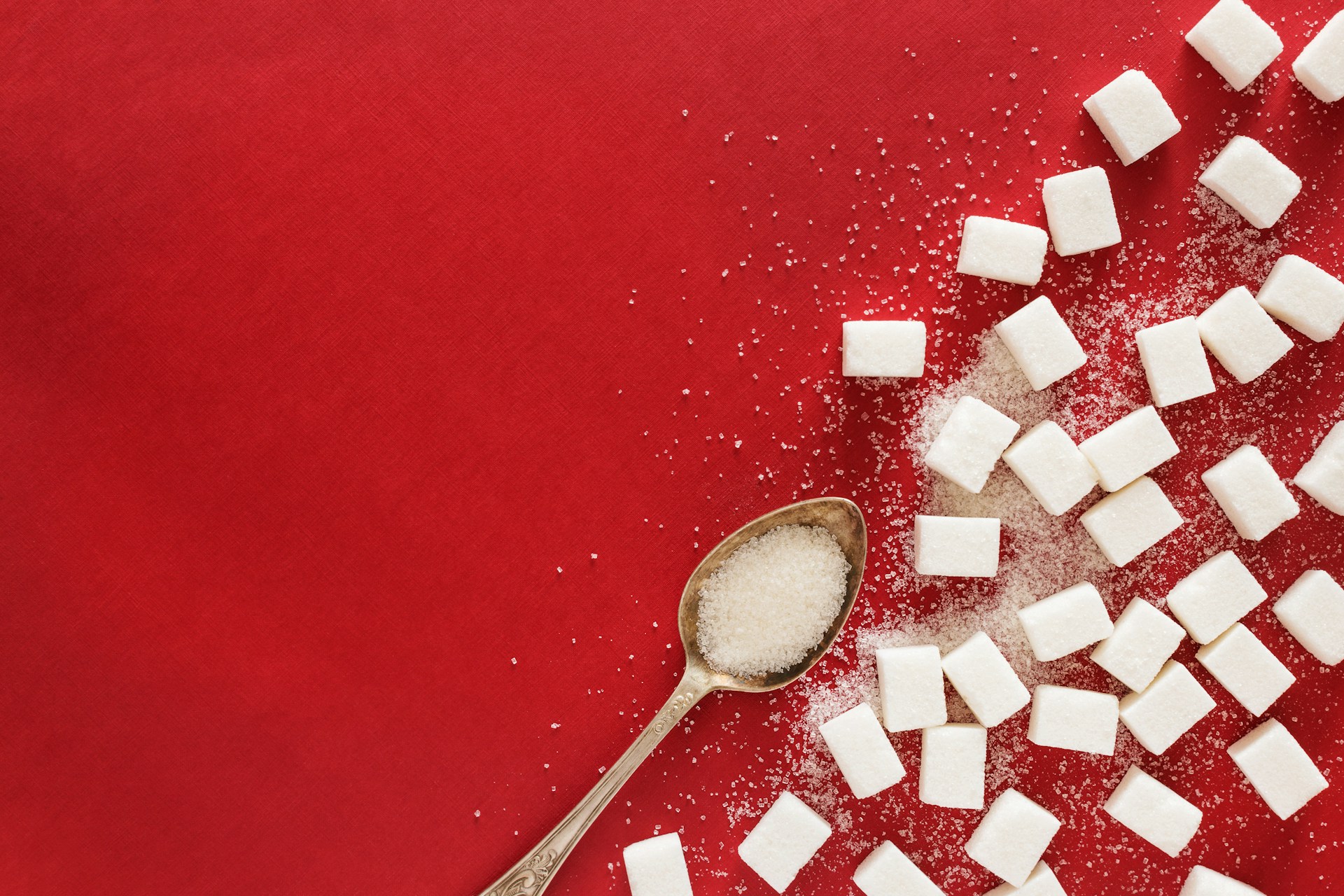Xylitol in Sustainable Living: Beyond Sweetness
A common natural sweetener in toothpaste, gum, and sugar-free confectionery is xylitol. It has fewer calories and doesn’t cause blood sugar levels to rise, yet it tastes and looks like sugar.
While most people know xylitol for its sweetness and dental benefits, it also plays a growing role in sustainable living. Let’s take a closer look at how xylitol supports a healthier lifestyle and a greener planet. Read on.
A Greener Way to Sweeten
Regular sugar, especially from sugarcane, takes a lot of land, water, and energy to produce. It also contributes to deforestation and pollution. Xylitol, on the other hand, can be made from natural byproducts like corn cobs and birch wood materials that would otherwise be wasted.
Using leftover plant materials helps reduce environmental harm. Some companies are also starting to use eco-friendly methods, like fermentation with natural microbes, to make xylitol. These new methods use less energy and fewer chemicals, which makes them even better for the planet.
Good for You, Good for the Planet
Living sustainably also means taking care of our health in simple, natural ways. Xylitol helps fight cavities by stopping the growth of harmful bacteria in your mouth. That means fewer dental problems and fewer visits to the dentist, which also saves resources and reduces the need for chemical treatments.
Xylitol is also great for people with diabetes because it doesn’t cause blood sugar spikes. In a world where more people are looking to cut down on sugar for health reasons, xylitol offers a smart alternative that supports long-term wellness. Make sure to consult an expert to learn more, such as how it can support nasal and oral health.
More Than Just a Sweetener
Xylitol is popping up in more than just food. Its natural antibacterial properties make it useful in personal care products like toothpaste, mouthwash, and nasal sprays. These products often avoid harsh chemicals and use plant-based ingredients, making them safer for both people and the environment.
Scientists are also studying xylitol for use in eco-friendly materials. It could be used to help make biodegradable plastics and coatings. This could reduce our reliance on plastics made from fossil fuels and lead to cleaner, greener products in the future.
Looking at the Challenges
Even though xylitol is a more sustainable choice, it’s not perfect. Producing it still uses energy, and if companies don’t use sustainable sources, it could still harm forests.
The key is to support brands that use responsibly sourced materials and cleaner methods. As technology improves, we’ll likely see even better ways to make xylitol that use fewer resources and create less waste.
Consider Trying Out Xylitol in Sustainable Living Today
Xylitol isn’t just a sweetener-it’s part of a bigger shift toward living in a way that’s better for our health and the environment. Whether it’s used in food, health products, or even packaging, xylitol shows that nature can provide smart solutions for a more sustainable life. As more people learn about its benefits, xylitol may become a key ingredient in the future of sustainable living.
If you want to read more articles, visit our blog.

